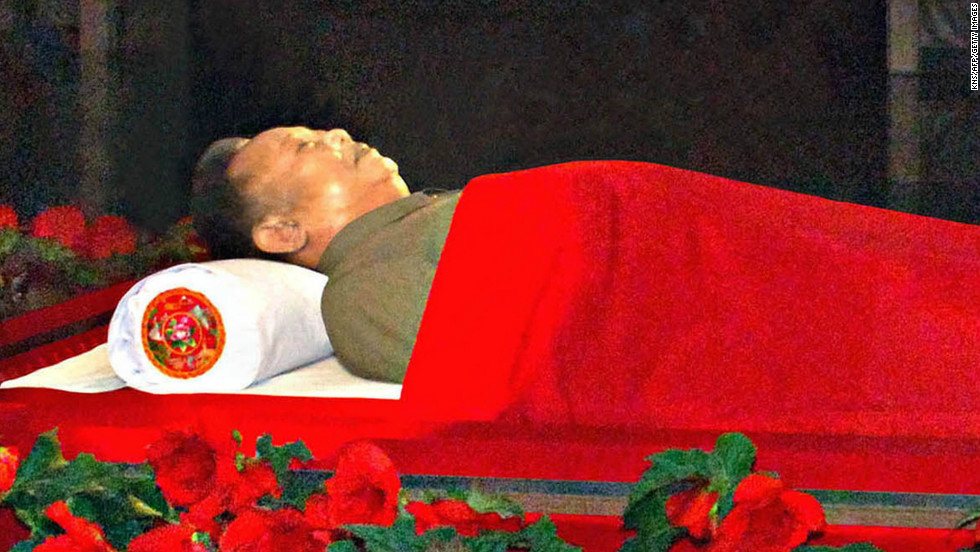FUCK THE POLICE
911 EVERY DAY
Mao Zedong pwns Joseph Stalin.
Mao Zedong pwns Joseph Stalin.
Mao Zedong's emphasis on the peasantry and decentralization stood in contrast to Stalin's Soviet, top down model, and lead directly to the modern success of China today.

Mao Zedong's emphasis on the peasantry and decentralization stood in contrast to Stalin's Soviet, top down model, and lead directly to the modern success of China today.

Stalin was a genius politician, sided with Bukharin to kill of Trotsky and the left, then went against Bukharin to kill off the right. Leaving just him.
Or, and this is the far more likely case, they simply succumbed to the power of the State they created, like all others before them.I'm actually kind of an unusual leftist, so I'd be more inclined to say that the idea of communism itself failed more than any one leader. It was as if, I think, communists failed to divorce themselves entirely from the modes of thought - specifically the spiritualized state, as Deleuze discussed; or the reliance scientific knowledge to reveal universal truths about history - of the capitalist era. Their assumption was basically dialectic, and essentialist, because of course they had access to scientific historical truth. The contradictions between proletariat and bourgeoisie would lead inevitably to communism, but they ended up placing themselves.
It wasn't that this leader was better than that leader, or whatever. ((Actually, it's doubtful a truly indelible political figure has emerged in Russia since Lenin)) Rather it was that the Bolsheviks, like all the communist regimes, were dealing with an internal contradiction, between a,) that they were creating something which was basically no more than a democratic statism, and b.) their belief that they had begun creating the True and ideal end of history.
Or, and this is the far more likely case, they simply succumbed to the power of the State they created, like all others before them.
Mao never murdered anyone. He brought back China from the brink of dishonor and restored it to being a strong country after a century of abuse and humiliation at the hands of western imperialist powers.
Will they still have the hot betel nut girls then?Taiwan will be liberated!
they said the same thing about hitler, once.


